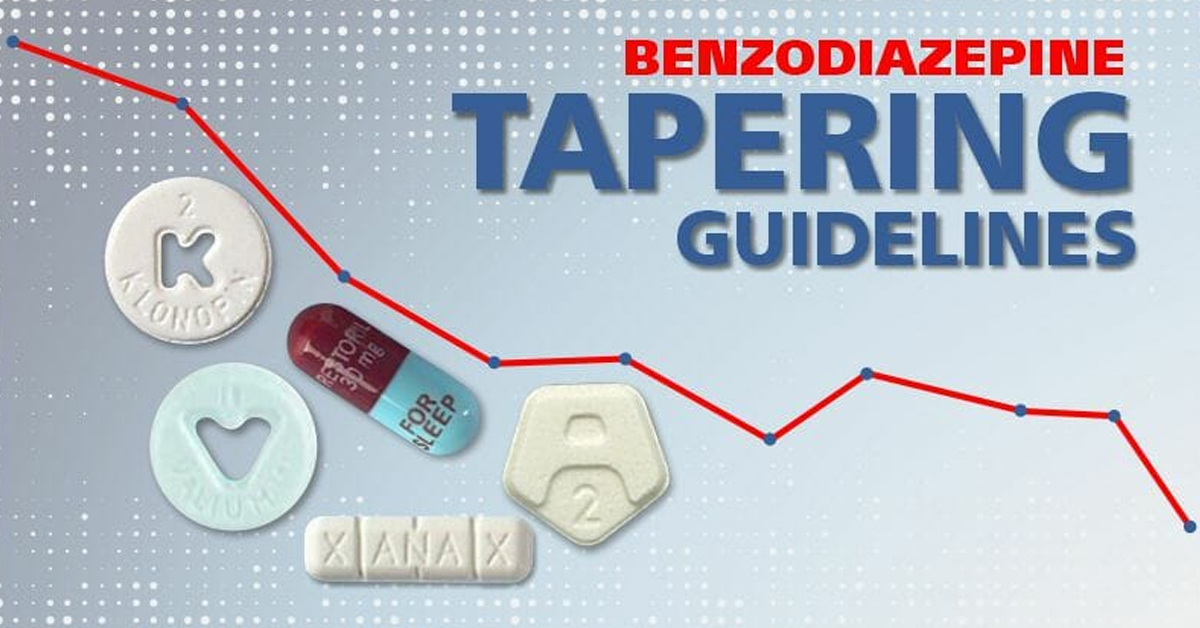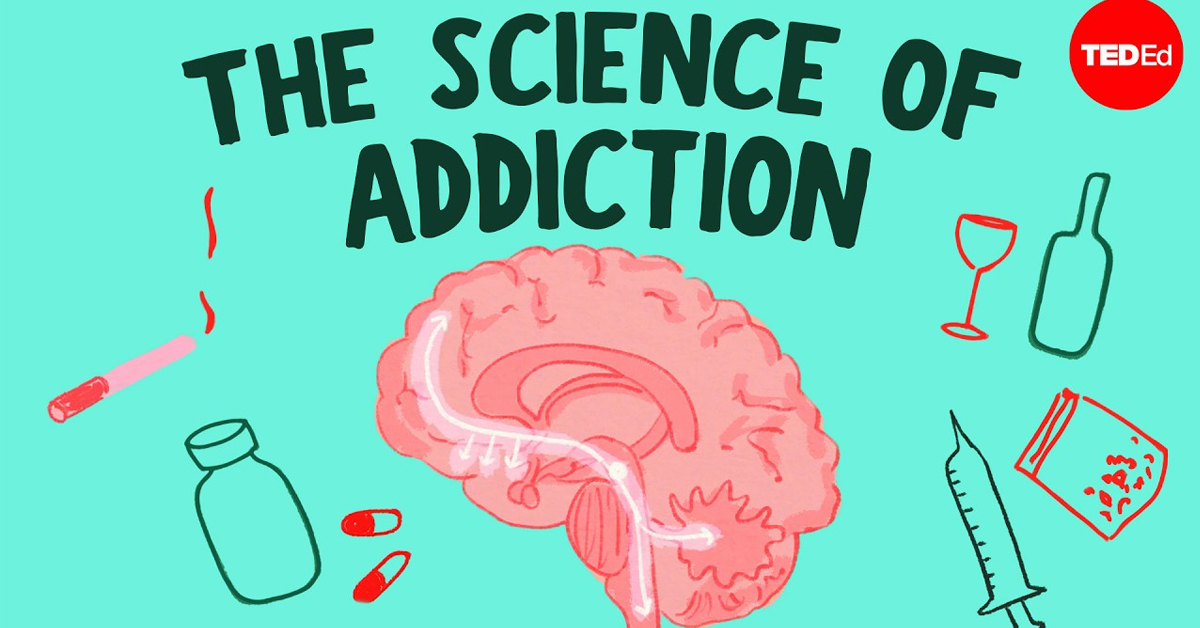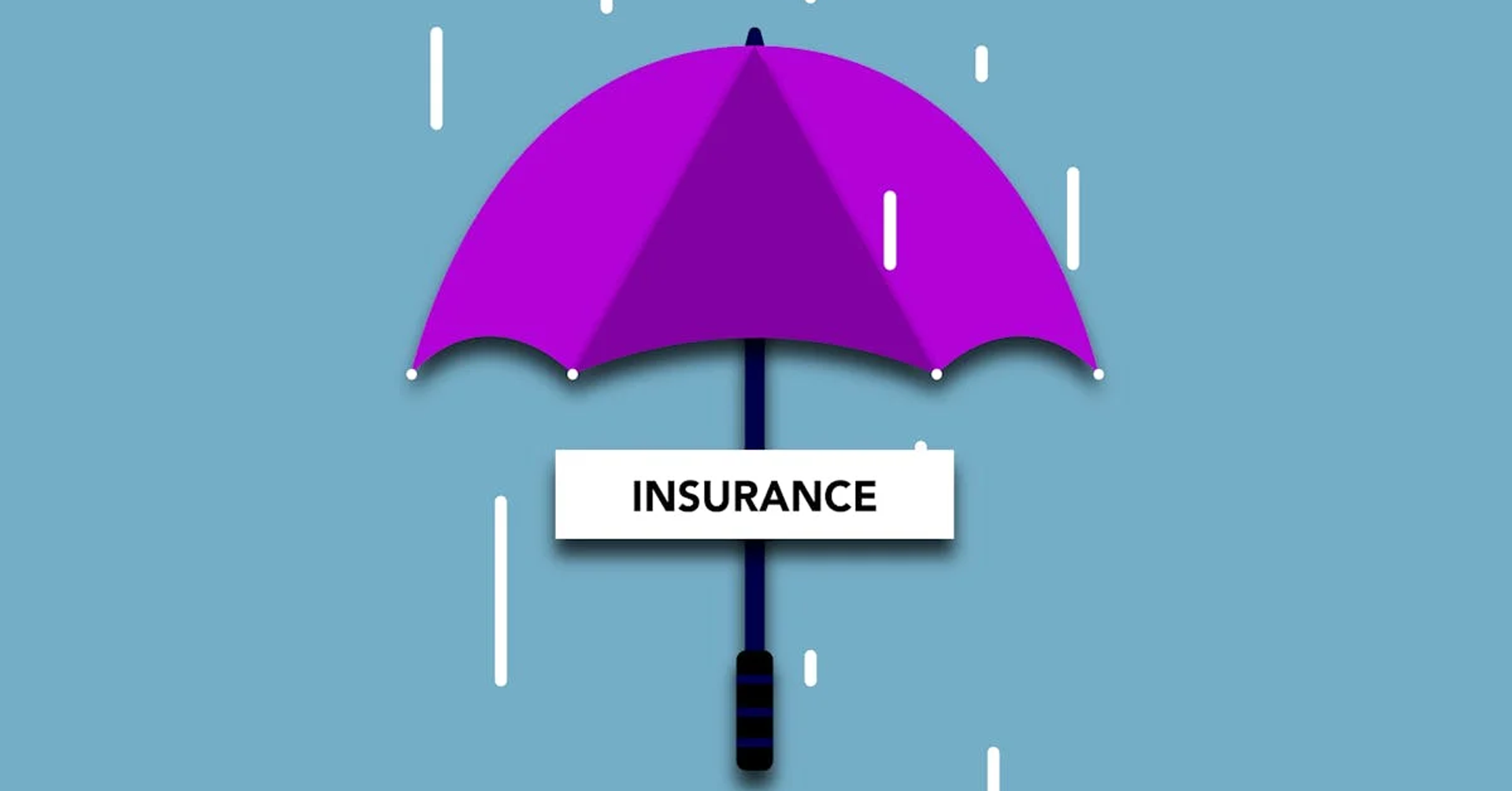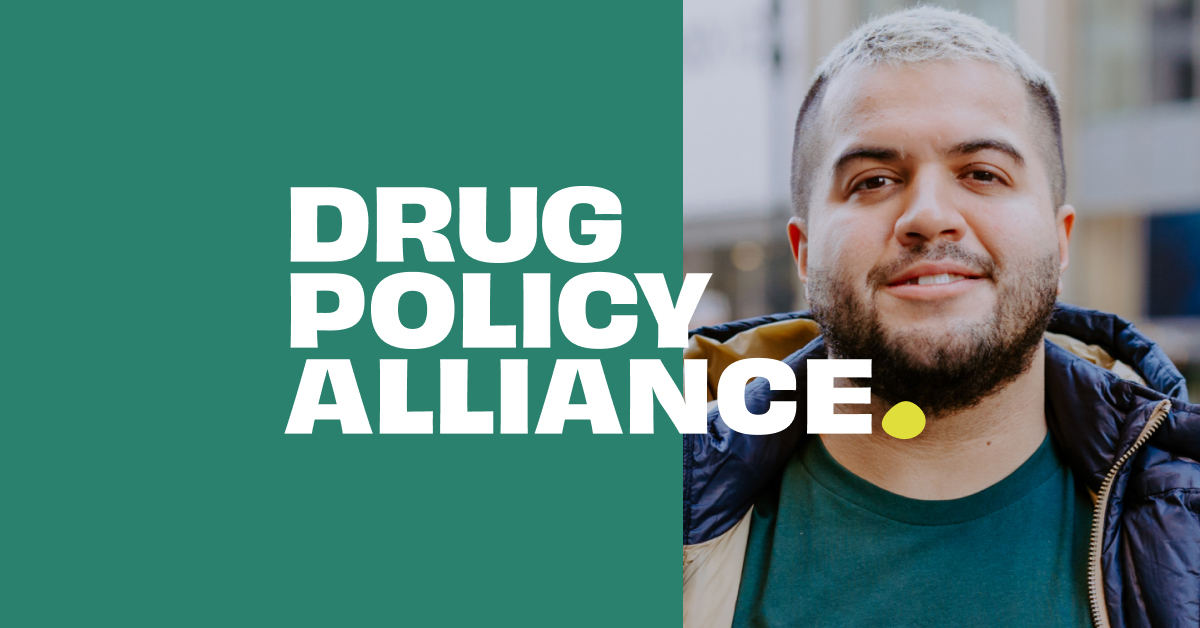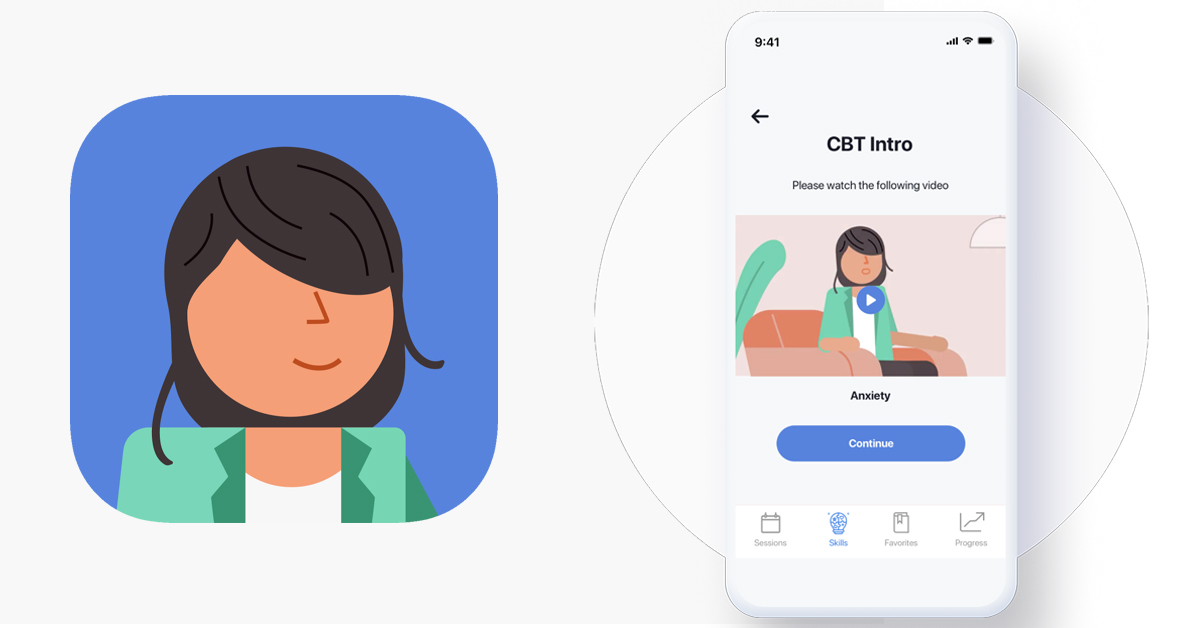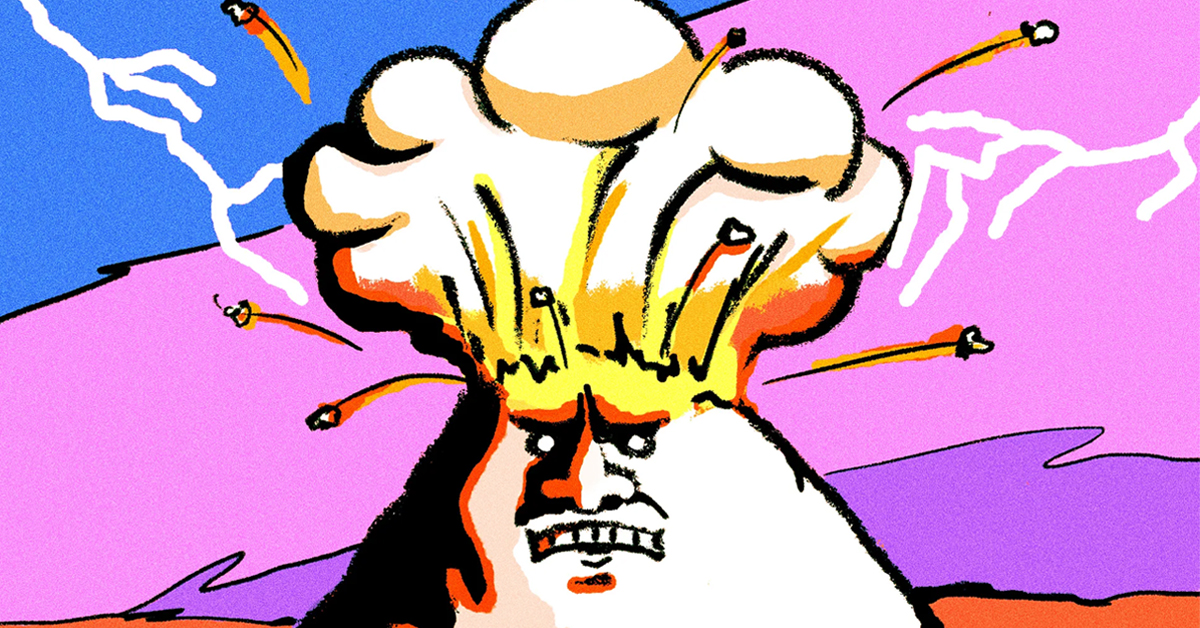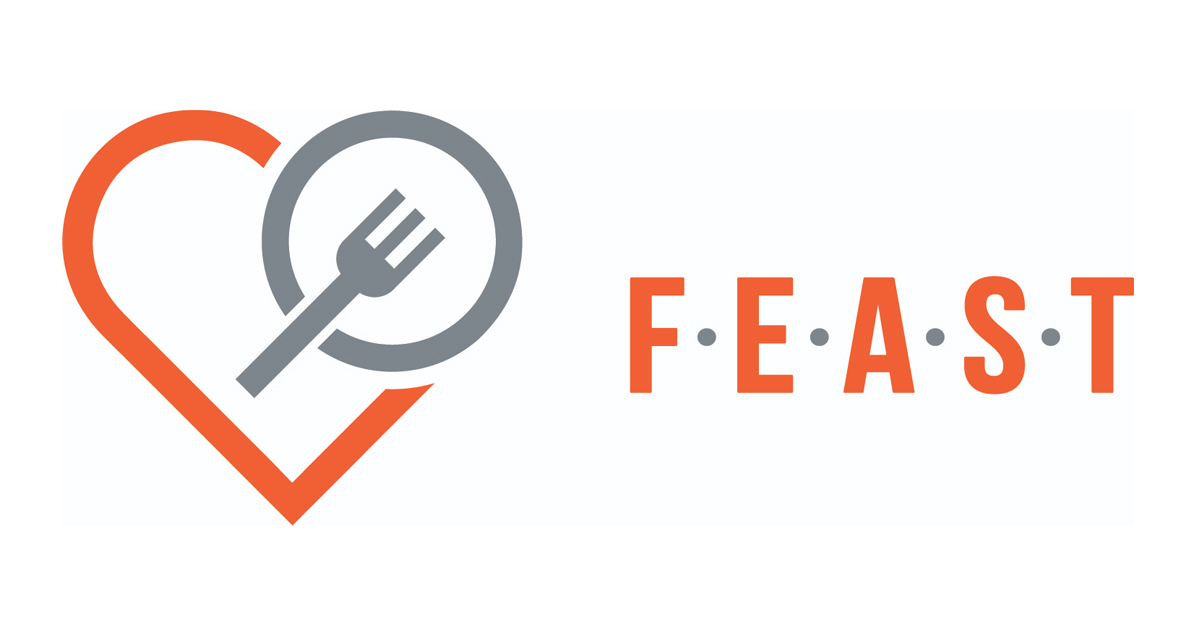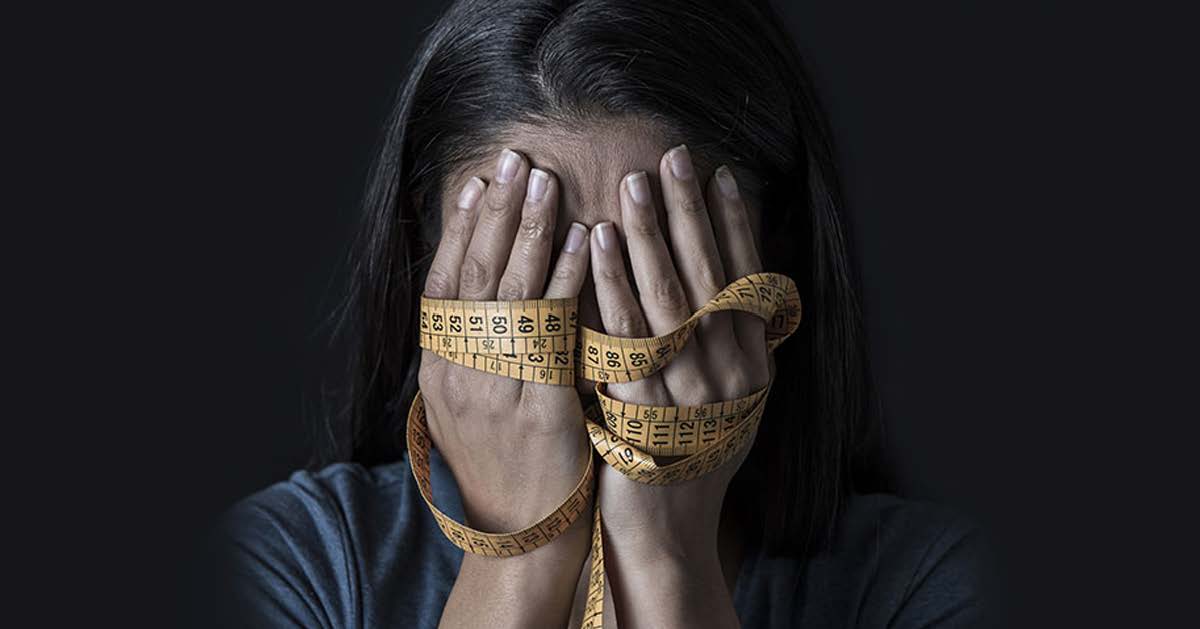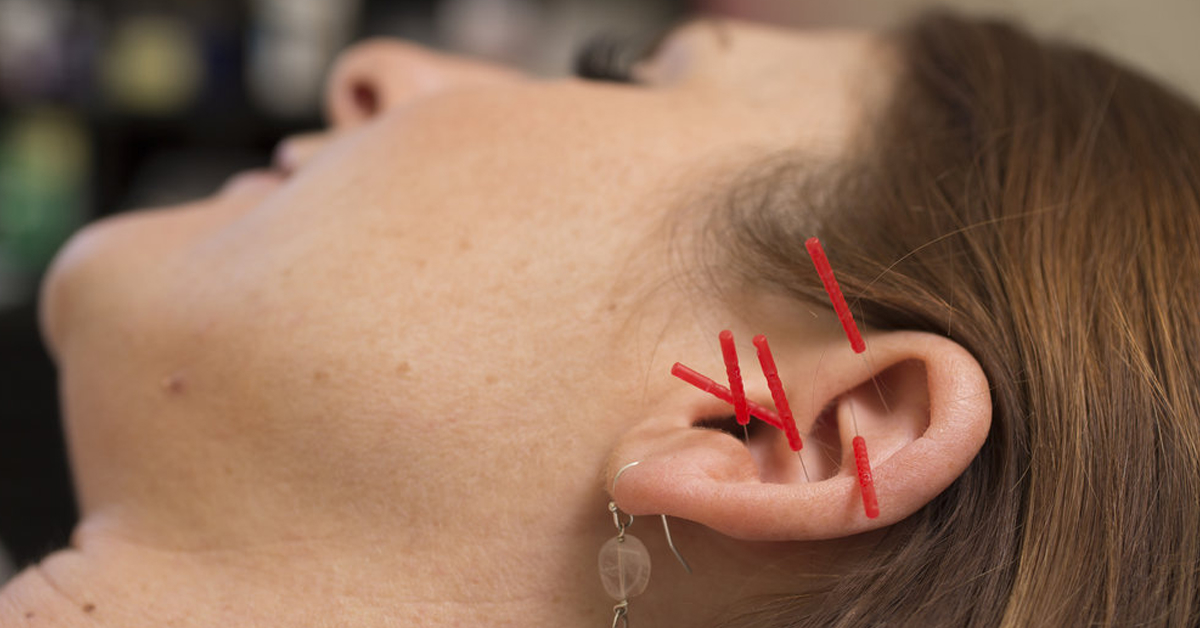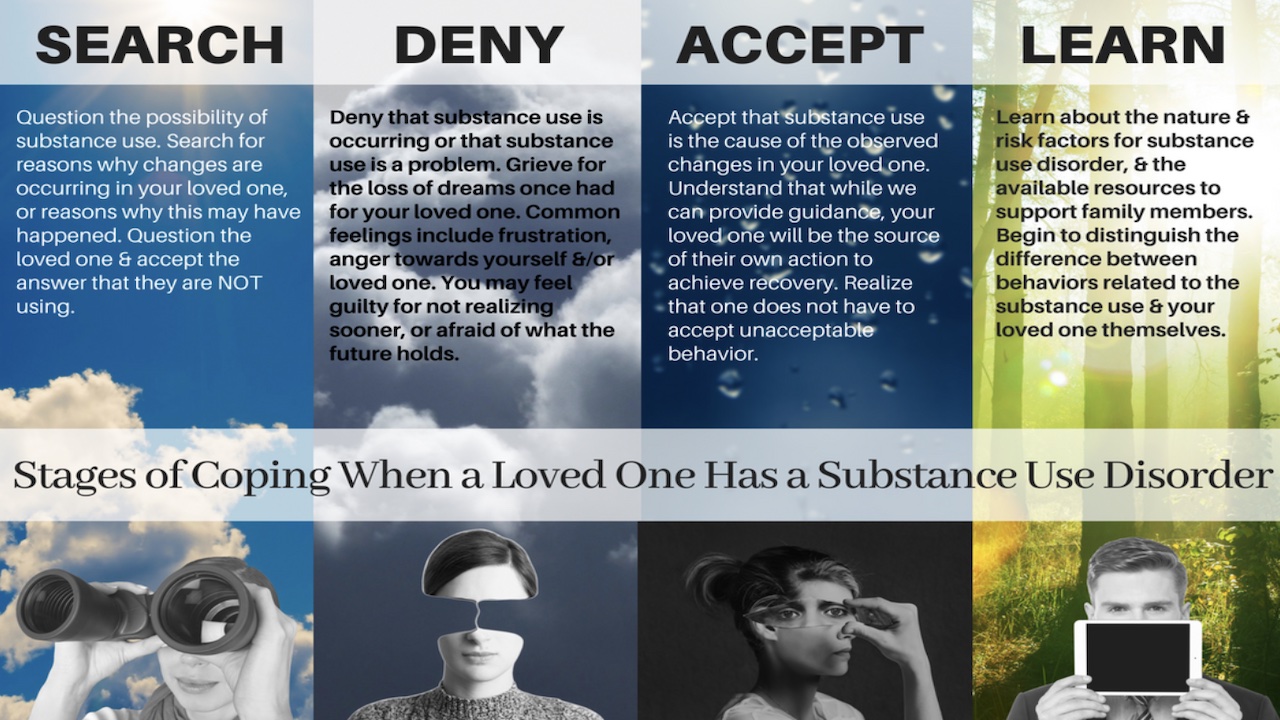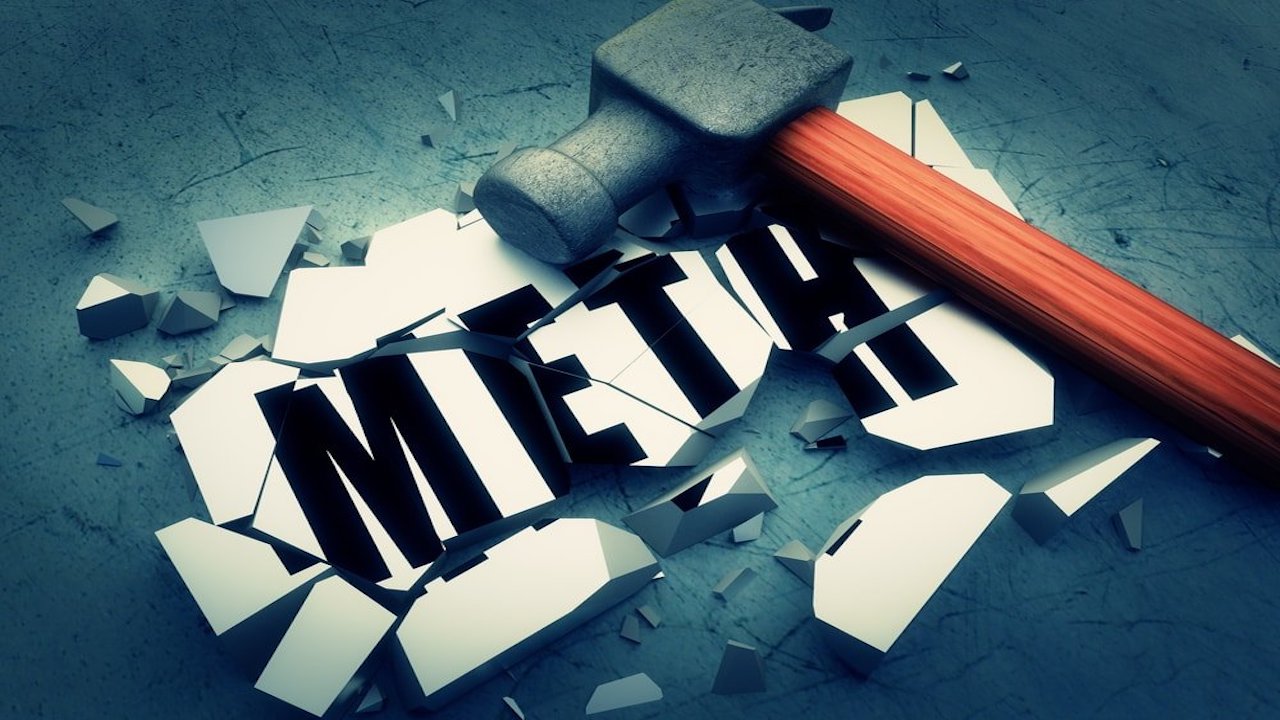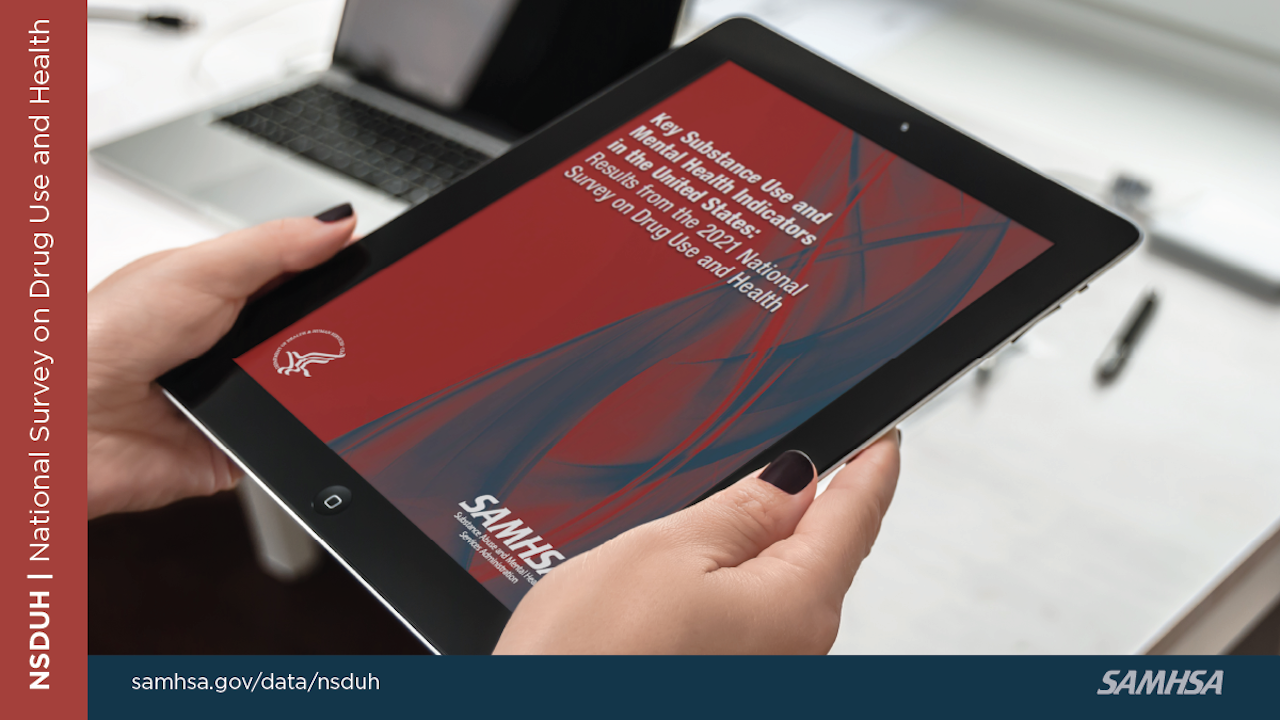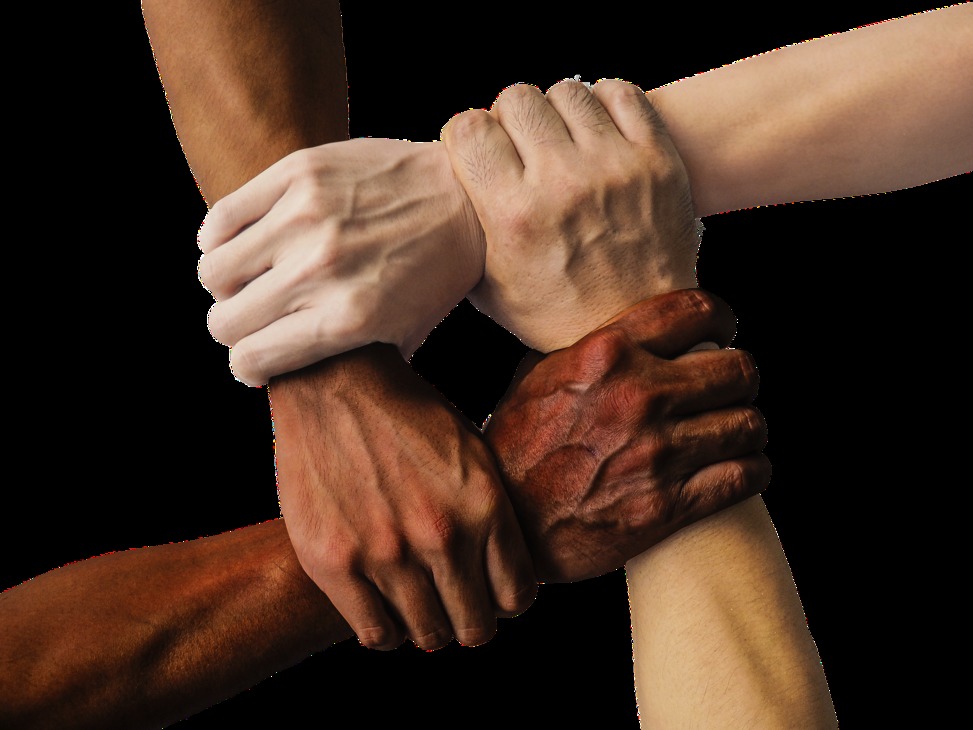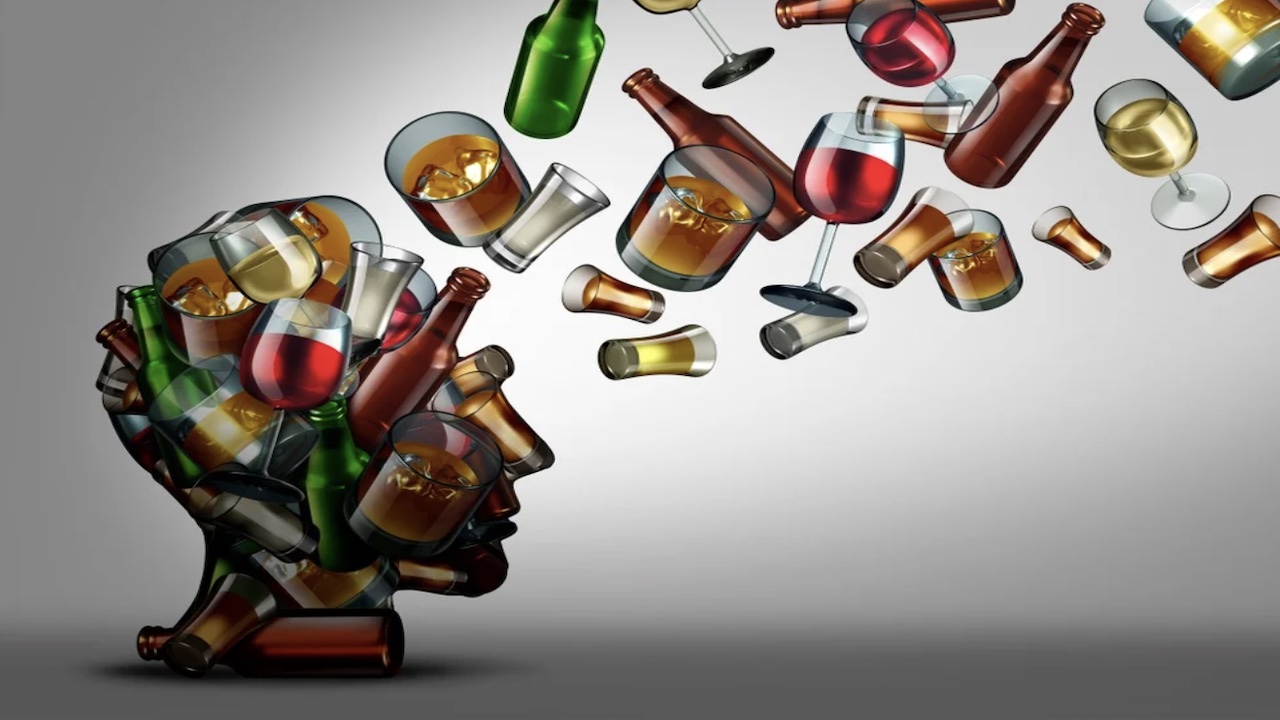Resource Supplement
Featured Resources
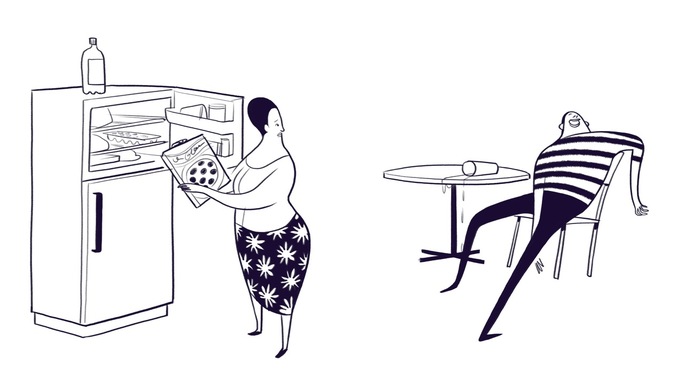
My Loved One is Always High or Drinking
If your Loved One is always high or drinking, how do you know when to step in with rewards, and when to step away, remove rewards and allow natural consequences when you suspect or see use?

Crisis Resources: Hotlines & Websites
DISCLAIMER: Allies in Recovery does not directly recommend or endorse any of the resources listed. We have simply gathered a listing of resources that move prove helpful to you. We leave it up to you to determine if they offer you support or a service(s) you need, as well as, if they are appropriate for your situation.
Latest Resource Supplement Posts
Tapering Off Benzodiazepine: Vital Safety Information
Benzos have real therapeutic value, but using them—and ceasing to use them—is unsafe without professional supervision.
Peer Respites Offer Short Stays But Major Benefits For Those in Crisis
Learn about this new resource for mental health and SUD support, and check the directory for a center near you.
The Science of Addiction: a 5-Minute Primer on Brain Chemistry and Substance Use
Crucial information for anyone with a Loved One facing SUD
Cognitive Behavioral Therapy (CBT): Let a Live Demonstration Show You What It’s All About
There’s nothing like seeing a treatment approach in action to make its benefits clear
Insurance and Substance Use Disorder: Here’s Your First Stop for Information
This online insurance resource hub can bring you up to speed on a vital subject
New Report Makes a Powerful Case for Voluntary, Not Forced, Treatment for Addiction
The Drug Policy Alliance’s stance is both ethical and practical, but U.S. policy often diverges from its recommendations
A CBT-Based App Is Helping Young People Manage Their Anxiety
The app, based in Cognitive Behavioral Therapy, has shown promising results in early trials
Youth and Children Impacted by Addiction in the Family: A Resource List
Some of the best organizations, support groups, readings, and curricula for young people with SUD in the family
The Tangled Links Between Substance Use Disorder and Psychosis
A correlation between SUD and psychosis is real and worrisome, but causation is a harder issue. Read on for details.
Anger: Why Talking About It With a Purpose (And Not Just Venting) Can Be Healing
Anger evolved with the human brain. Though it may not seem so today, its original function was to keep us safe. Unfortunately, for most of us, anger is a deeply unpleasant experience, one that can damage our relationships and sense of wellbeing. The good news is that we can change this dynamic. This article offers a science-based guide to regulating anger and returning it to its constructive purpose.
F.E.A.S.T. Supports Parents and Families of Those Suffering From Eating Disorders
Over 30 million people in the United States live with an eating disorder. Some of these conditions are life threatening, but even the least severe cases are detrimental. Young people, especially girls, are particularly at risk. That’s why we were so pleased to discover a nonprofit support and information organization called F.E.A.S.T.
Eating Disorders: Myths, Realities, and Recovery Paths Explained
Finding a health professional who truly understands eating disorders is no easy task. And for those who suffer from them, it can be just as hard to avoid the judgments and unhelpful comments of friends, family, or coworkers. This interview with one of the world’s leading experts on eating disorders takes a broom to those old and stigmatizing ideas. It also offers pointers for standing by a Loved One suffering from an eating disorder.
Needles In The Ear Can Help With Addiction? You Heard That Right
You’d be forgiven if ear acupuncture isn’t the first thing that comes to mind when talk turns to substance use disorder. Numerous studies, however, are documenting the efficacy of a specific procedure (the NADA protocol) for help with craving, withdrawal, and other aspects of addiction. As this article points out, however, the key to success with NADA lies in the details.
Naming and Understanding the Symptoms of Childhood Trauma
Childhood trauma of any kind leaves its mark. Severe or sustained trauma generates certain telltale symptoms in survivors. Licensed therapist and life coach Patrick Teahan, himself a survivor of childhood trauma, breaks down three of the most prominent symptoms. By reaching a deeper understanding of what’s occurring inside us, he argues, we’re in a far better position to overcome the challenges that result.
Lower-Risk Cannabis Use: Guidelines From Canada
Some solid, simple guidelines that can reduce (not eliminate) the health risks associated with cannabis. There’s no such thing as zero-risk cannabis use, but this one-page reference sheet from the Canadian Institutes of Health Research provides an excellent, straightforward guide to lowering that risk.
Substance Use Disorder: A Guide For the Family
The Recovery Research Institute, affiliated with Harvard Medical School, is dedicated to advancing the understanding and treatment of addiction. This page on substance use and the family is an extremely well-designed information hub. It’s a great place to start your journey to deeper understanding—or to remind yourself of the basics.
Meth In the U.S.: New Treatments Are Coming, But the Crisis Is Now
Methamphetamine use is a national crisis—but not one the drug industry has taken much interest in. Fortunately, that may at last be changing, and not a moment too soon. As this article makes clear, both meth users and treatment providers need all the help they can get.
New National Report on SUD and Mental Health in the U.S. Includes Some Grim Statistics
In 2021, only 6% of people in the U.S. struggling with substance use disorder received any treatment, according to this year’s SAMHSA report. That is just one of a great many statistics gathered in this report. Its findings should concern us all.
In-Person & Virtual Recovery Resources for Your Loved One
ALCOHOLICS ANONYMOUS (AA World Services, Inc.) Alcoholics Anonymous is a fellowship of men and...
Moderation Management: A Different Approach to Alcohol Use
It’s not the right fit for everyone. But for some it’s a real alternative to the total-abstinence approach. For many people in the United States, getting a handle on their alcohol use has long meant seeking out an abstinence-based program such as AA or Smart. While these programs have helped millions, they do not work for everyone.

